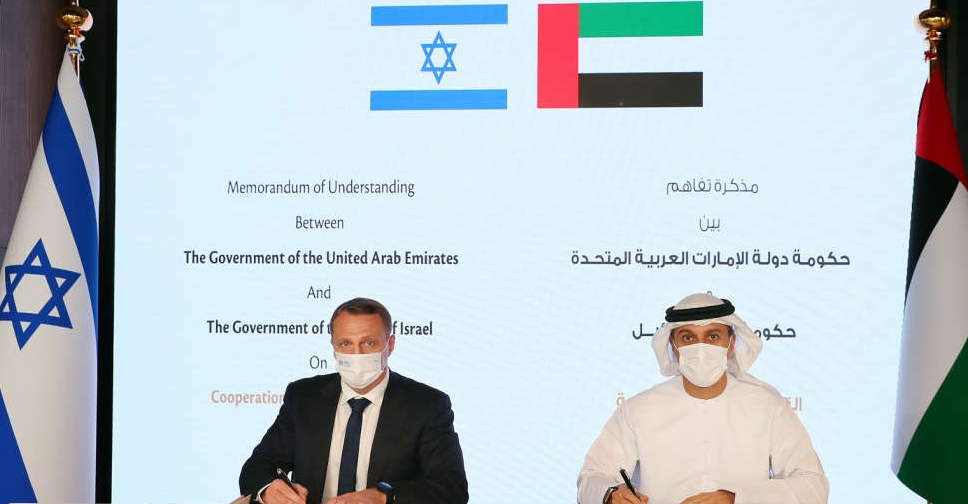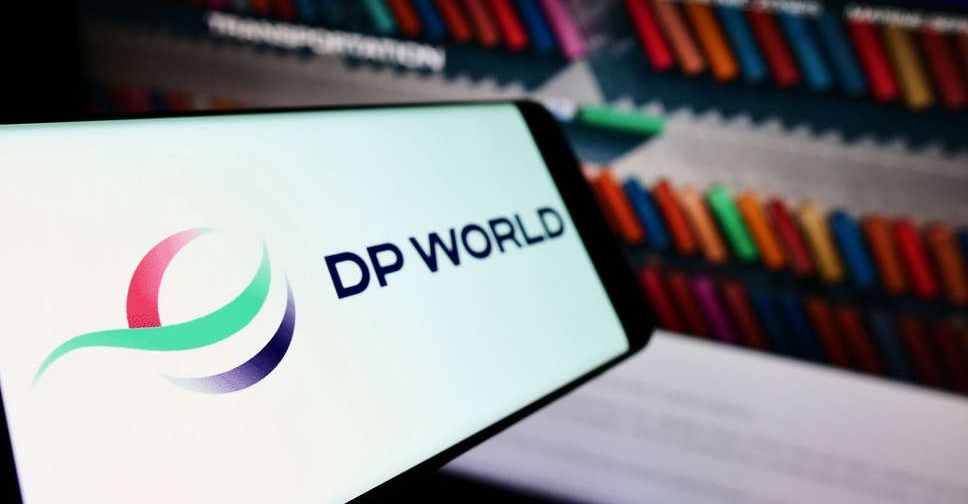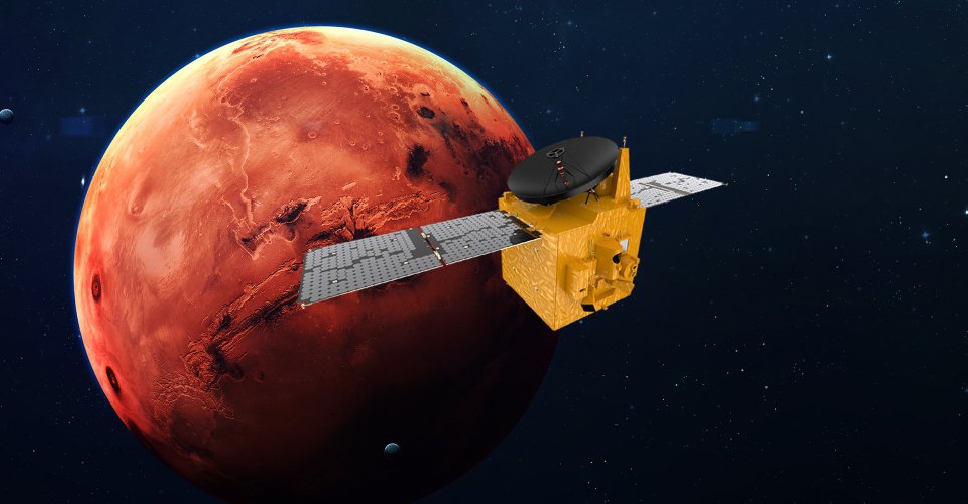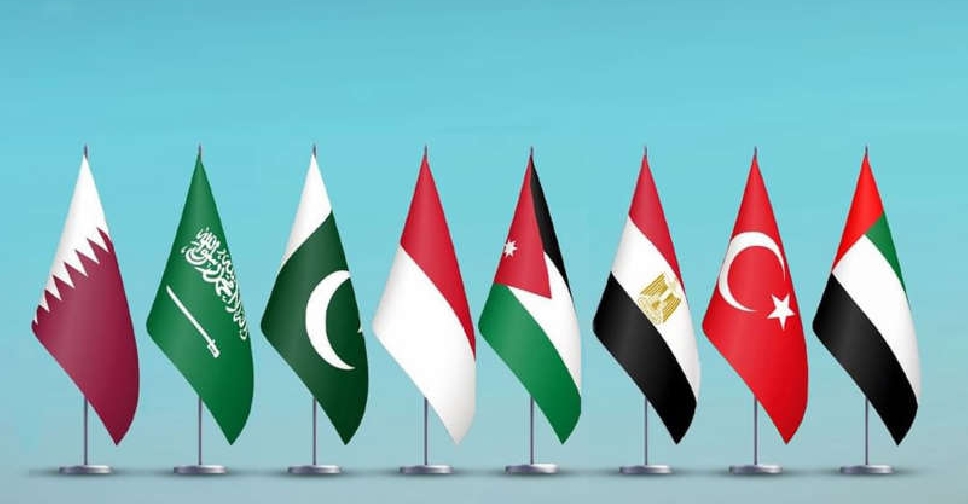
The UAE and Israel have signed a Memorandum of Understanding (MoU) to strengthen tourism and economic cooperation.
It falls under the framework of the Abraham Accords and is part of efforts to create partnerships in various fields.
The MoU was signed by Dr. Ahmed Belhoul Al Falasi, Minister of State of Entrepreneurship & SMEs and Chairman of the Emirates Tourism Council, and Israeli Tourism Minister Yoel Razvozov, who is currently visiting the UAE.
Under the agreement, both sides will implement policies to encourage and advance the tourism sectors of the two countries, boost cooperation between their tourism organisations in the public and private sectors, and facilitate the exchange of information.
They will also intensify their technical cooperation in tourism education, vocational training, marketing and promotional activities, encourage participation in tourism events and exhibitions, especially the private sector, and hold joint regional events for travel agents and other tourism professionals.
Bilateral ties between the UAE and Israel have witnessed significant development since the signing of the Abraham Accords in September 2020.
As per the latest figures, trade between the two countries grew to US$700 million within one year of signing the accord.




 UAE President appoints new Federal Tax Authority chief
UAE President appoints new Federal Tax Authority chief
 Uber expands into 7 new European markets in food-delivery push, FT reports
Uber expands into 7 new European markets in food-delivery push, FT reports
 UAE strengthens market oversight to ensure price stability for Ramadan
UAE strengthens market oversight to ensure price stability for Ramadan
 H.H. Sheikh Mohammed appoints new PCFC Chairman
H.H. Sheikh Mohammed appoints new PCFC Chairman
 DP World announces new leadership appointments
DP World announces new leadership appointments



